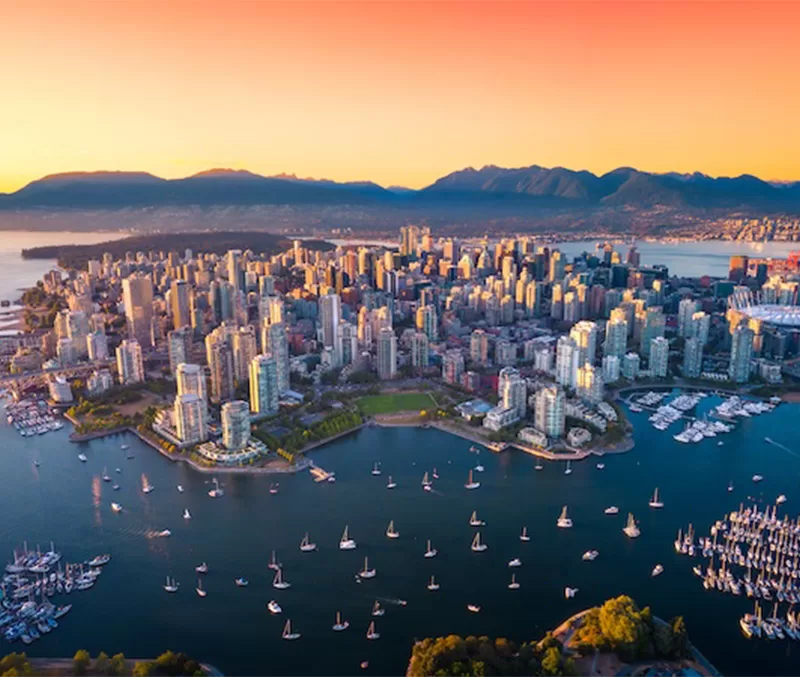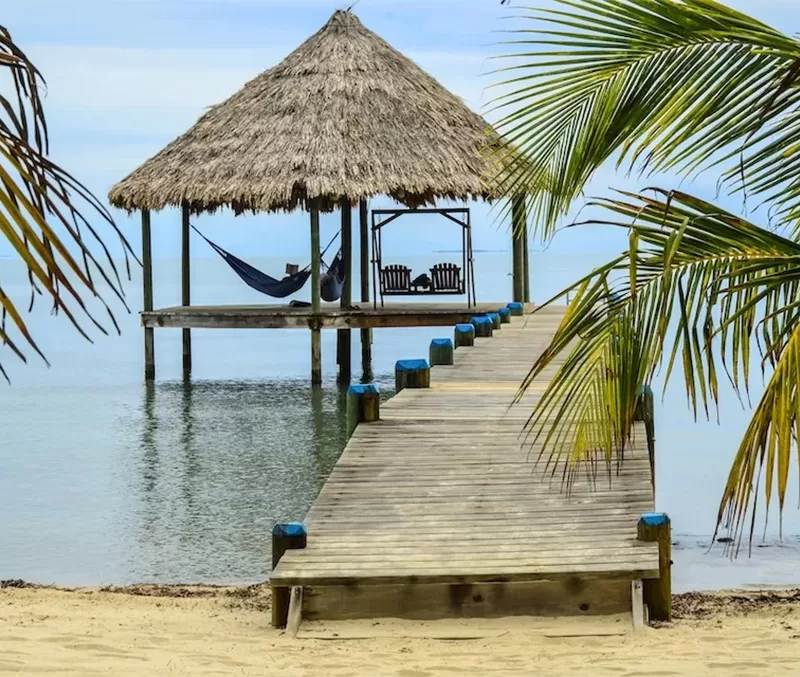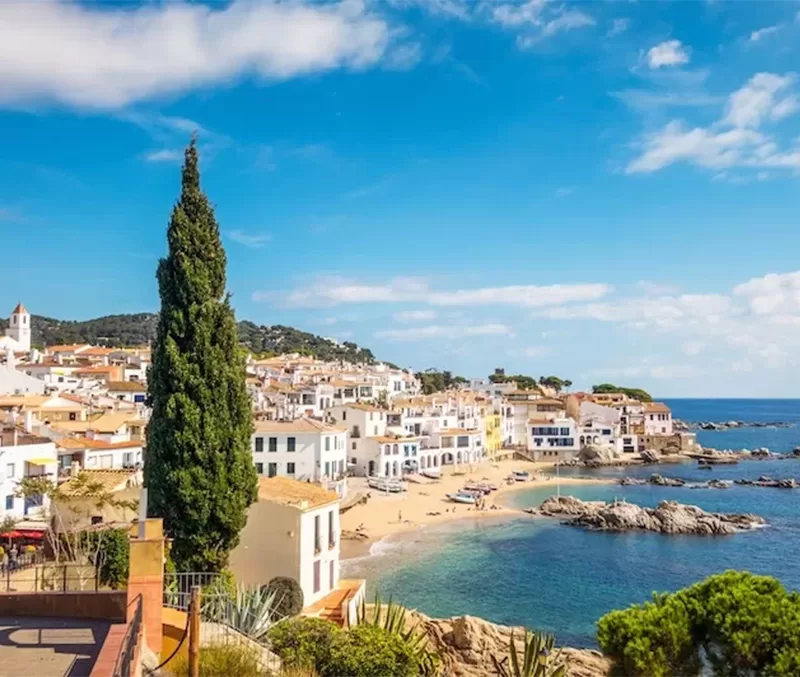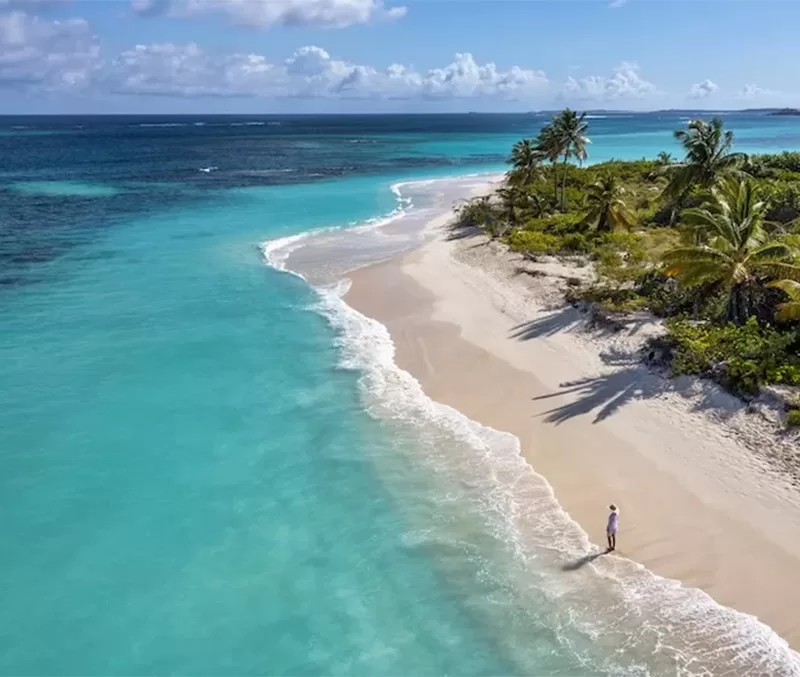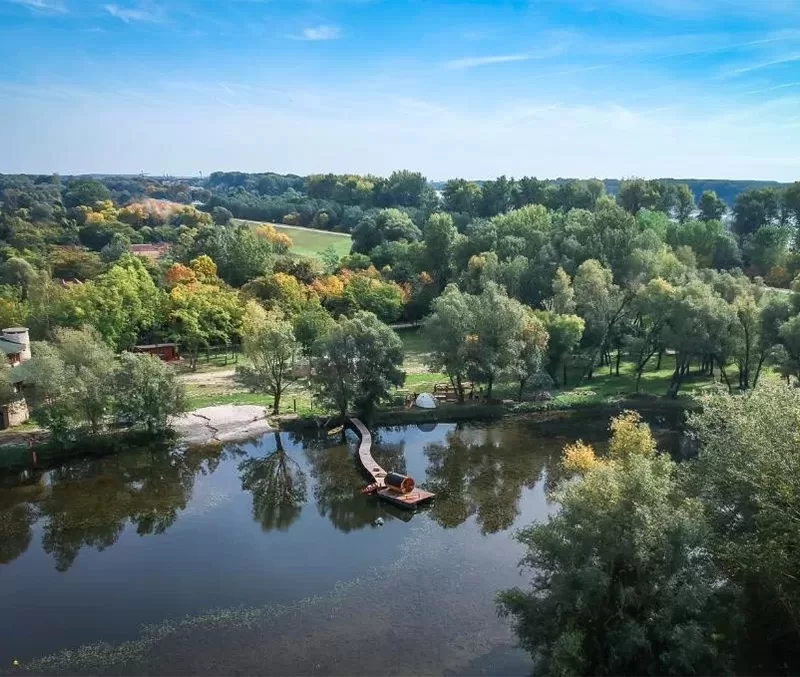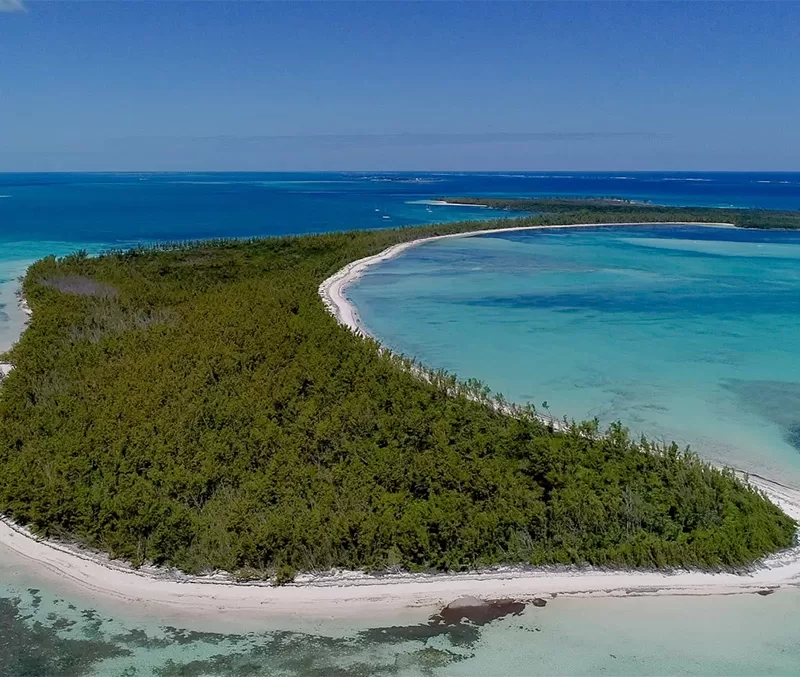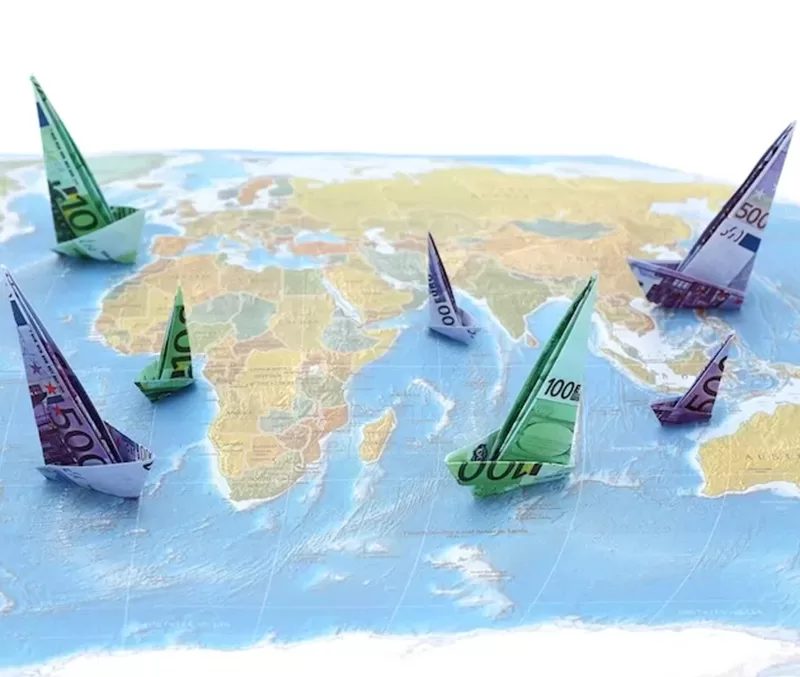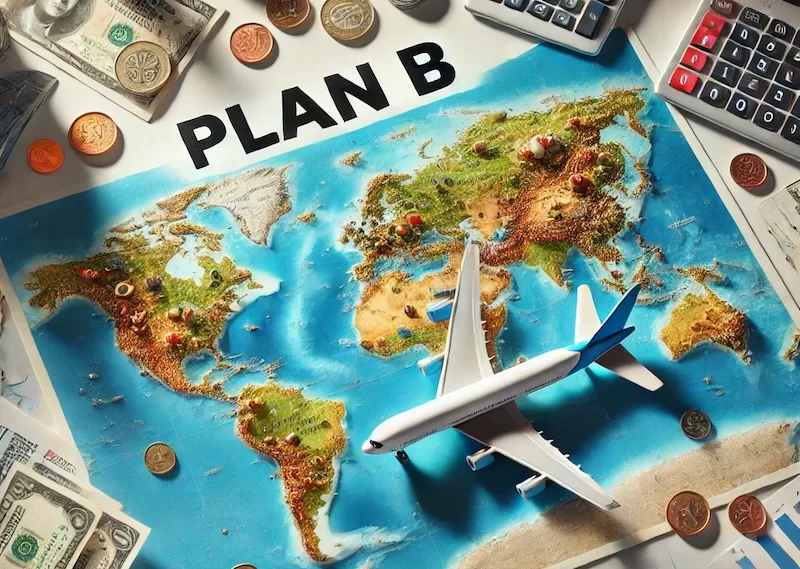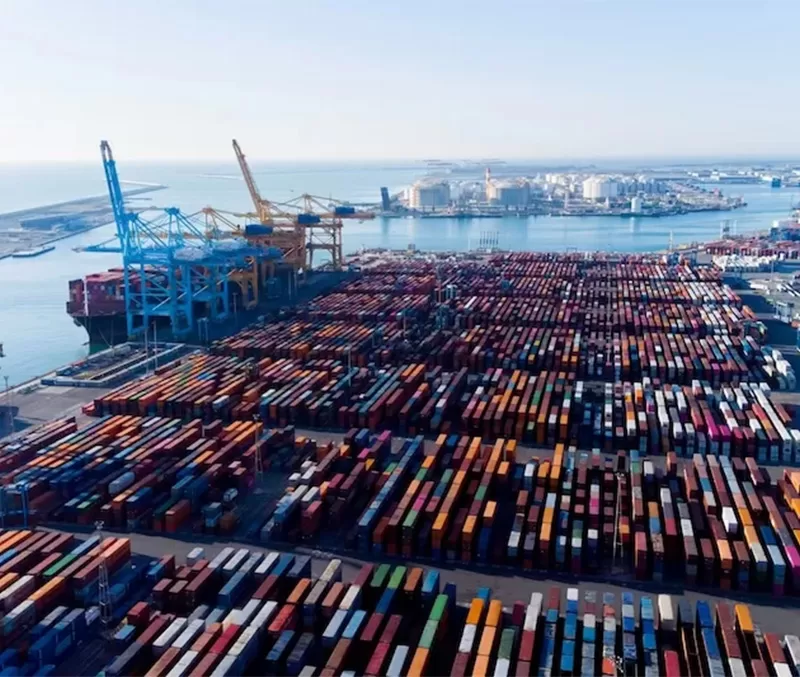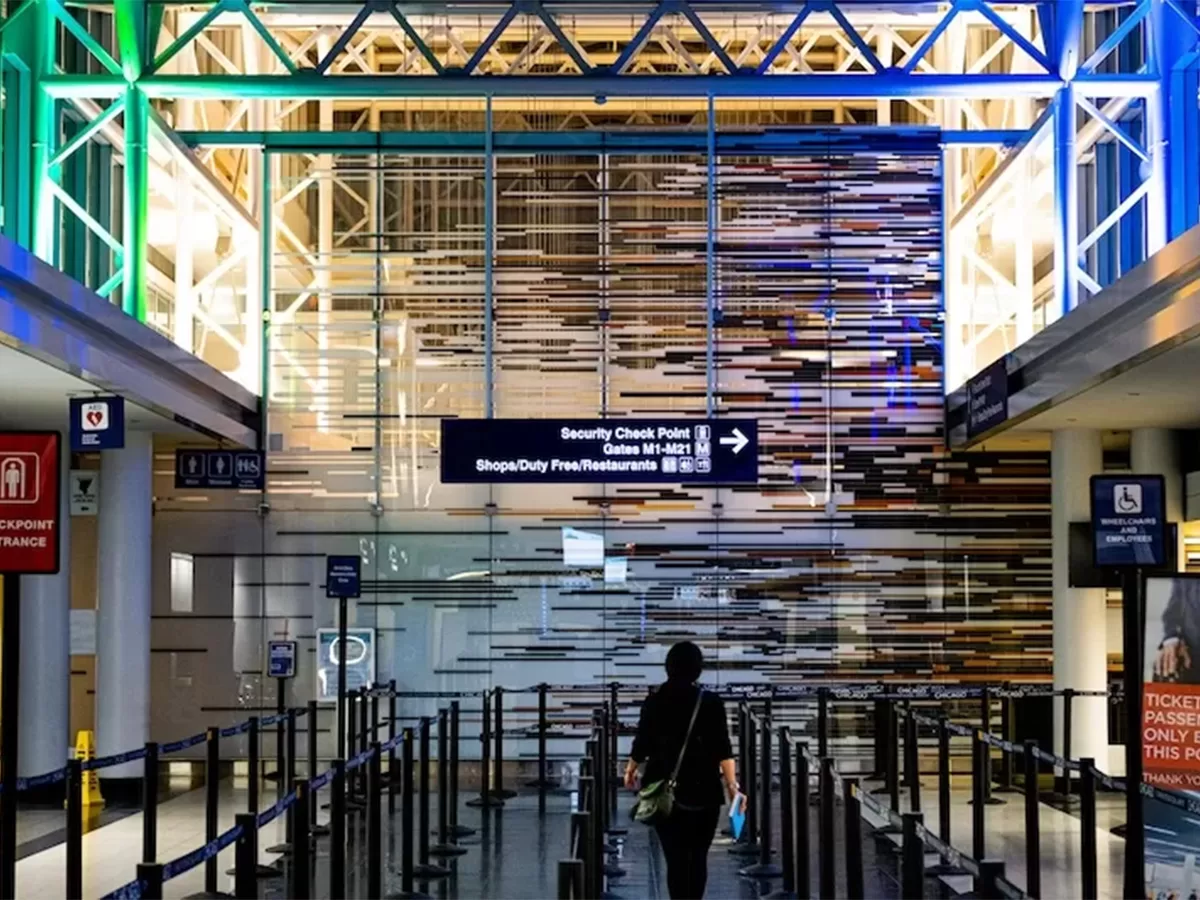No matter where you live, there’s always the possibility of natural disasters or civil unrest that could affect your way of life. However, for the rest of the world, life goes on no matter what you’re going through, so you need to have a plan to keep yourself safe and financially viable.
If you’re an expat living abroad, especially in a risky area (hurricane ridden coastline, near a volcano, working in the Middle East), you could be even more susceptible to factors that are beyond your control that will heavily affect your financial situation. Knowing how to prepare yourself financially in these situations is 90% of the battle.
- Cash is king. Credit cards and ATM cards can be convenient, but they are worthless in the event of a power outage or if the banks close down. Because of this, it’s always handy to have a stash of cash around. Plus, in many countries, cash is the preferred method of payment anyway, so you’ll have priority over those without it. Depending on your location, it can also be wise to have various currencies available as well.
- Have other accounts. One of the benefits of being an expat is the ability to have bank accounts in multiple countries. While it might seem superfluous at first to maintain overseas accounts when you’re abroad, these can be very useful, particularly in the event of an emergency. Having online access to these accounts is a definite bonus, as is having a multi-currency account so you’re not restricted to a single currency (Everbank, Lloyds, HSBC, and Barclays have these kinds of accounts available).
- Diversify. Having a full portfolio of payment and money options is always a good idea, but it can save your life in the event of disaster. At a minimum you should have: credit cards, debit cards, a virtual credit card, checks, pre-paid cash cards, and possibly an online account like PayPal.
- Have a plan. If disaster strikes, you’ll want to have an exit strategy ahead of time that allows you to stay safe while maintaining your finances and assets.
- Insurance. When in doubt, insure yourself like there’s no tomorrow. There are lots of expat insurance options out there that will cover you for evacuation or assistance when disaster or emergencies strike. This can be a very prudent option, especially if you live in a volatile area.
- Establish a network. Get a membership to a local expat organization or community. They will keep you abreast of any possible issues in the area while providing an instant network for you.






